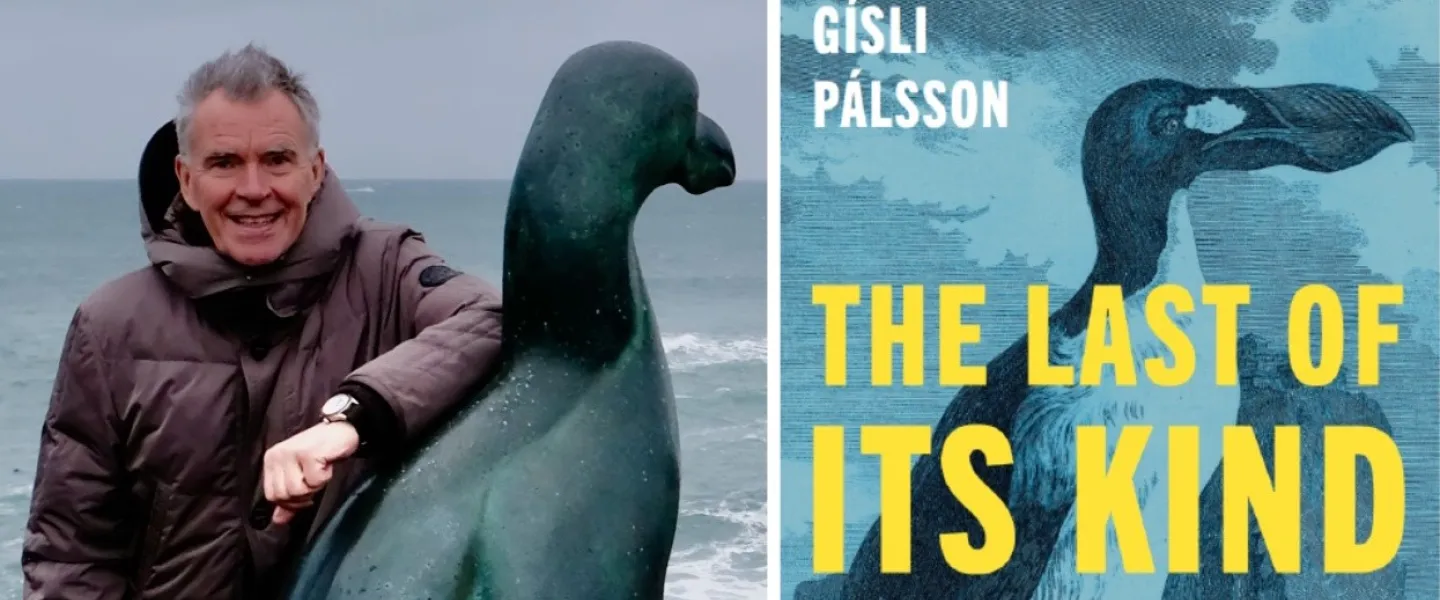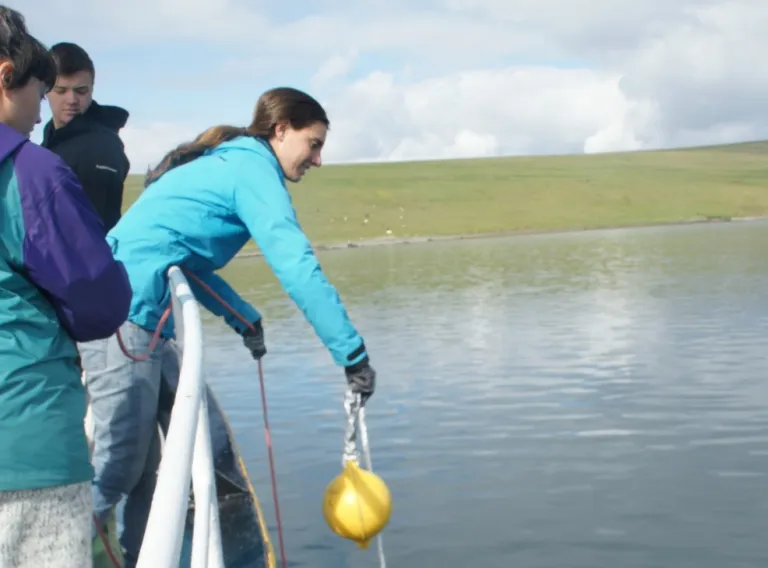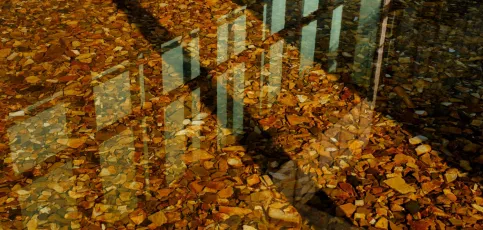
The roars of harbour seals around Iceland occur less frequently and last longer during mating season than those from the harbour seals around Denmark and Sweden. This may be to avoid predation in their environment. These are among the results of a new study from research scientists at the University of Iceland's Institute of Research Centres, the Icelandic Seal Centre, Marine and Freshwater Research Institute, University of Southern Denmark, and Aarhus University in Denmark. The results are published in an article in the latest issue of the Scientific journal JASA Express Letters.
The harbour seal is the most common seal around Iceland and one of two species that mate around Iceland. The biggest seal colonies are by the Northwest corner of Iceland and on the southern coast, but the harbour seal can be found all around the country. Harbour seals (Phoca vitulina) are distributed in temperate and polar coastal waters along the eastern and western North Pacific and North Atlantic.
Harbour seals mate underwater, but details of their mating behaviour remain unclear, however, during the mating season underwater calls are produced, presumably by males. The aim of the study was to compare harbour seals' mating roars in Iceland to those in Denmark and Sweden and to what extent roar structures vary due to predation levels.
The article points out that the Icelandic harbour seal is genetically distinct from other North Atlantic seals with little or no exchange with other populations. Orcas and gray seals are present in Icelandic waters, making it likely that roars may be shaped to reduce predation risk and thus differ from areas with little predation pressure in Danish and Swedish waters.
Two self-contained underwater sound recorders were used two record the harbour seals’ roars during assumed mating season in two study sites (Heggstaðanes and Illugastaðir) in the North West of Iceland, where 9% of the total Icelandic harbour seal population (approximately 9400 animals) occurs. The roars were then compared to the roars of harbour seals at the West coast of Jutland in Denmark and Kalmarsund in Sweden.



